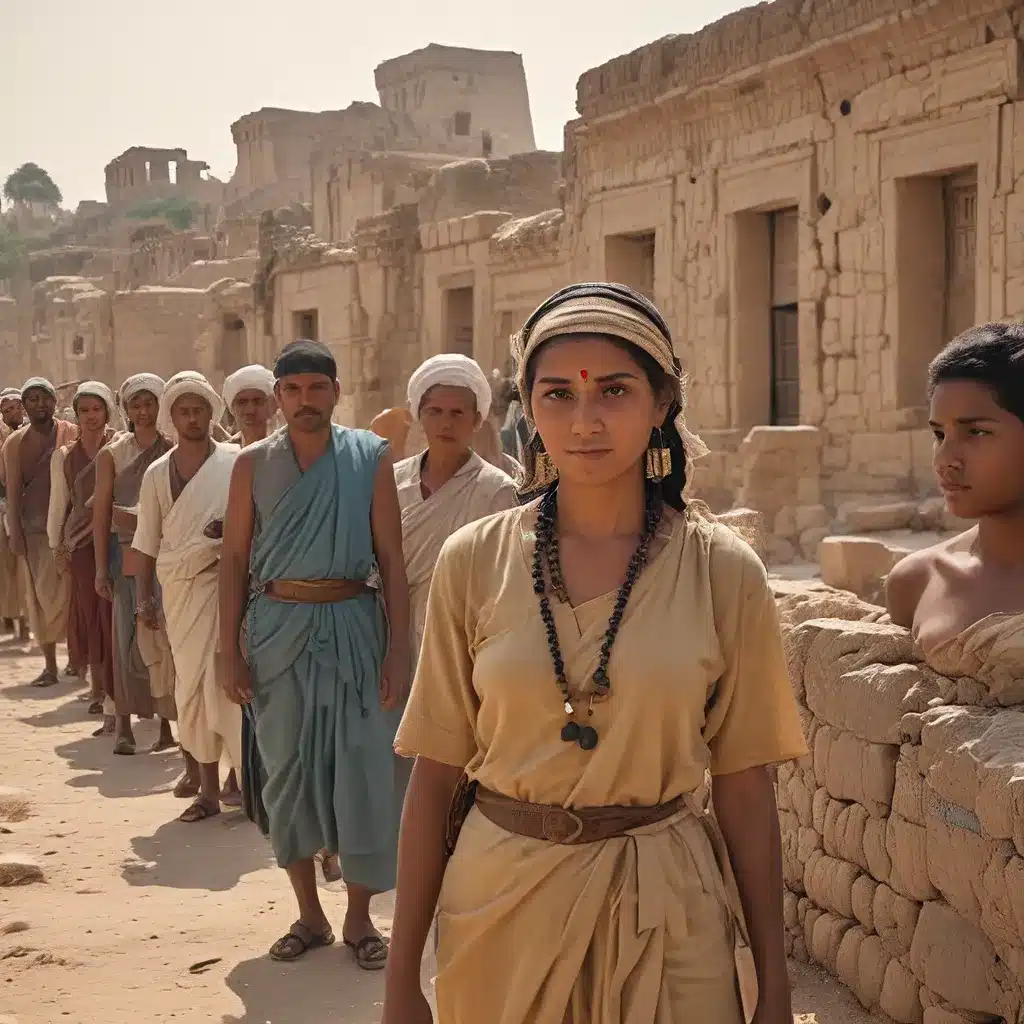
Unearthing the Mysteries of Lost Civilizations
The study of ancient cultures and their archaeological remains has long captivated the human imagination. From the grandeur of the Egyptian pyramids to the enigmatic ruins of Machu Picchu, these vanished societies hold the key to unlocking our understanding of the past and shaping our perspectives on the present.
As we delve deeper into the annals of history, the narratives surrounding these lost civilizations continue to evolve, thanks to the tireless efforts of archaeologists, anthropologists, and historians. With each new discovery, our understanding of the past shifts, challenging long-held beliefs and opening up new avenues of exploration.
Deciphering the Enigma of Disappearing Cultures
One of the most intriguing aspects of studying ancient civilizations is the mystery surrounding their eventual demise. Why do some cultures seemingly vanish from the pages of history, leaving behind only tantalizing clues and unanswered questions?
The collapse of the Western Roman Empire is a prime example of this phenomenon. Once a dominant force that spanned vast territories, the Roman Empire gradually declined, leading to the onset of the Dark Ages in Europe. This period of apparent stagnation and regression has long been a source of fascination and debate among scholars.
Emerging theories suggest that the fall of the Roman Empire was not a sudden collapse, but rather a complex process driven by a combination of factors, including economic decline, political instability, and environmental changes. As these new perspectives take root, the narrative surrounding the end of the Roman Empire continues to evolve, shedding light on the intricate and often unpredictable nature of historical change.
Uncovering the Secrets of Vanished Civilizations
Beyond the well-known narratives of ancient empires, there are countless other cultures that have faded from collective memory, leaving behind tantalizing fragments of their existence. These “lost civilizations” present a unique challenge to modern-day researchers, as they often lack the extensive written records or physical remains that characterize the more prominent ancient societies.
One such example is the Indus Valley Civilization, which flourished in the Indian subcontinent during the 3rd and 2nd millennia BCE. Despite its expansive urban centers, sophisticated water management systems, and advanced metallurgy, this civilization remained largely unknown until the early 20th century, when archaeological excavations began to uncover its secrets.
Ongoing research into the Indus Valley Civilization has revealed a complex society with a writing system that has yet to be fully deciphered. This lack of clear textual records has led to ongoing debates and hypotheses about the social, political, and religious structures that once defined this enigmatic culture.
Rewriting the Narratives of the Past
As new archaeological discoveries and technological advancements continue to reshape our understanding of ancient civilizations, the narratives surrounding these lost worlds are constantly being rewritten. Innovative methods, such as DNA analysis and advanced imaging techniques, have allowed researchers to uncover previously hidden aspects of these cultures, challenging long-held assumptions and opening up new avenues of inquiry.
For example, the recent discovery of the Denisovan genome, a previously unknown human species, has forced historians and anthropologists to reconsider the migration patterns and interactions of prehistoric human populations. These findings have profound implications for our understanding of the complex social and cultural dynamics that defined the ancient world.
Embracing the Evolving Narratives of Antiquity
As we continue to unearth the secrets of the past, it is essential to embrace the evolving nature of historical narratives. Rather than clinging to rigid interpretations, we must remain open to new perspectives and be willing to adapt our understanding as new evidence comes to light.
The Lost Kingdoms blog is dedicated to exploring the fascinating world of ancient civilizations and their archaeological legacies. By delving into the latest discoveries, theories, and debates surrounding these vanished cultures, we aim to provide readers with a dynamic and engaging exploration of the past, one that celebrates the ever-changing nature of historical knowledge.
Through this lens, we can gain a deeper appreciation for the complexity and diversity of human societies, and the enduring mysteries that continue to captivate our imaginations. So join us on this journey of discovery, as we unravel the evolving narratives of antiquity and uncover the stories of the lost kingdoms that have shaped our world.


